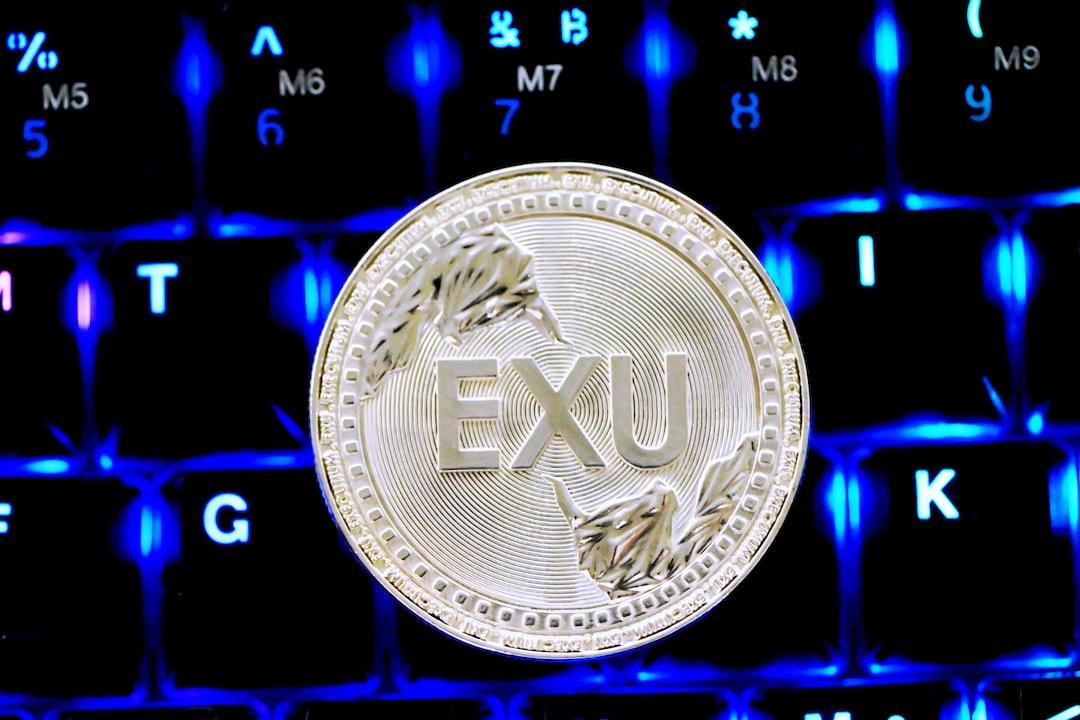Cash Transactions Hard to Trace Become a Breach for Fraud, SFC Requires VASP Association to Revise Self-Regulatory Standards Within a Month
To prevent increasingly diverse fraud and money laundering techniques, Taiwan’s Financial Supervisory Commission (FSC) has launched a new wave of anti-fraud mechanisms targeting the virtual asset industry. Following the announcement by the Inspection Bureau to conduct financial inspections on virtual asset operators, the Securities and Futures Bureau (SFB) of the FSC officially sent a letter to the Republic of China Virtual Currency Business Association (referred to as VASP Association) on May 7, requesting that it revise its self-regulatory standards within a month to prohibit member operators from accepting cash for virtual asset transactions. This move will enhance the traceability of cash flows and reduce fraud risks, with implementation expected as early as the end of June.
Transparent Cash Flow! SFB: Comprehensive Ban on Cash Transactions Included in Self-Regulatory Standards
According to the content of the SFB’s letter, cash transactions are difficult to trace in terms of fund flow, easily creating cash flow breakpoints that can be exploited by criminals for money laundering and fraud. Therefore, the SFB requires the VASP Association to assist in conveying to its members that when transacting with customers, they should adopt methods that allow for traceable cash flow, and to draft revisions to the self-regulatory standards by June 6 for record-keeping purposes.
The SFB stated that once the revision is completed and recorded, it could be implemented within two weeks. However, if the content is incomplete, there remains a risk of delay. Although there is currently no explicit law prohibiting cash transactions, the self-regulatory mechanism through the association has already contributed to the early implementation of anti-fraud policies.




Market Rumors Abound? SFB Clarifies: No Ban on New Taiwan Dollar Transactions, OTC Transactions Remain Viable
Due to the possibility that this measure may impact the operations of certain physical currency dealers, rumors circulated that the FSC intends to comprehensively ban New Taiwan Dollar transactions or over-the-counter (OTC) transactions, causing anxiety in the industry. In response, the SFB firmly clarified that these rumors are unfounded. As long as they meet the qualification requirements for registration, both individual currency dealers and physical operators can still legally apply for operations and engage in cryptocurrency exchange businesses without being excluded.
VASP Association Responds: Cooperation in Revisions, Active Communication, Balancing Development and Compliance
In the face of policy changes, the VASP Association has also responded swiftly, stating that it will uphold the spirit of self-regulation, actively communicate and coordinate with regulatory authorities, and assist members in achieving the goal of cash flow transparency. The association pointed out that its member structure is diverse, with varying degrees of impact from the policy, particularly Class B members, which are mainly physical stores and Bitcoin Automated Teller Machine (BTM) operators, being most affected.
The association emphasized that it will strive to seek a solution that simultaneously protects consumer rights, assists operators in transformation, and promotes the stable development of the overall industry, helping Taiwan’s virtual asset operators develop sustainably within a compliant regulatory framework.
Impact on Survival of Physical Operators? FSC: Transfers Through Company Accounts Can Cope
For physical currency dealers, the cancellation of cash transactions undoubtedly changes their operational model. The SFB pointed out that although credit cards and electronic payments are currently not permitted for virtual asset transactions, physical operators can still receive payments through regular company accounts, such as requesting customers to wire or transfer funds. Some operators have already adopted this method, and it should not pose a fatal impact on survival in the short term.
Market Elimination Trend Begins? Several Operators Quietly Withdraw
According to industry sources, several physical operators have chosen to exit the market, including “Hsieh Ho,” which did not apply for registration before the March 31 deadline, as well as “Yilu Fa,” “Yin Tianxia,” “Coin Idea Technology,” and “Asia-Pacific Easy Ant,” which have been gradually withdrawing since last November. Currently, the number of Class B members has decreased from 10 at the beginning to only 4 remaining, including Hongzhu Digital, Taiwan Zhijing, Sangfest, and Quanshi International.
In Line with Financial Inspections and Policy Adjustments, SFB: Market Naturally Eliminates Weaknesses and Retains Strengths
As criminal police intensify their anti-fraud actions, the FSC’s Inspection Bureau has initiated financial inspections, coupled with this self-regulatory standard revision regarding cash transactions, virtual asset operators are facing stricter compliance requirements. The SFB believes that it is normal for some operators to choose to exit after assessing their own conditions, which is a part of the natural market adjustment mechanism that helps the industry develop towards a more robust and transparent direction.
Risk Warning
Investing in cryptocurrencies carries a high level of risk, and their prices may fluctuate dramatically. You may lose all your principal. Please carefully assess the risks.

